 I reveled in this book because, unlike others before it, it is not fragmented, incongruent, or just a compilation of interesting facts. But rather, it reads as though Thoreau lived much more recently and the author had interviewed in-person, first-hand witnesses to his life simply because it flows from birth to death without a sense of missing information or lapses in time. On any given page you may learn about the weather that day or how late Thoreau stayed up as if it were all recorded and timestamped on videotape for the author to view and re-view.
I reveled in this book because, unlike others before it, it is not fragmented, incongruent, or just a compilation of interesting facts. But rather, it reads as though Thoreau lived much more recently and the author had interviewed in-person, first-hand witnesses to his life simply because it flows from birth to death without a sense of missing information or lapses in time. On any given page you may learn about the weather that day or how late Thoreau stayed up as if it were all recorded and timestamped on videotape for the author to view and re-view.
Interview with Lee Zacharias
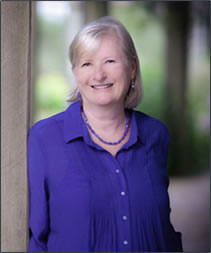 The author of What a Wonderful World This Could Be talks about her new novel and its timeliness, her research, on writing about difficult and painful subjects, how she managed the many paths and threads of the book, the book’s long path to publication, and lots more.
The author of What a Wonderful World This Could Be talks about her new novel and its timeliness, her research, on writing about difficult and painful subjects, how she managed the many paths and threads of the book, the book’s long path to publication, and lots more.
A review of Journey to Tatev by Lillian Avedian
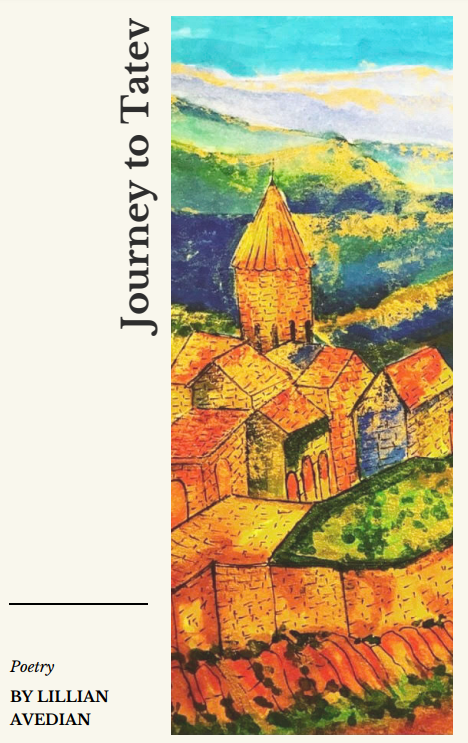 Journey to Tatev is a love poem to the self and to the other, written along the trajectory of a single journey. These airy, deeply rhythmic poems encompass the multi-lingual voice of a migrant, coming-of-age, coming out, coming to terms with the past and future simultaneously. Words and notes dance across the page, engaging all of the senses in this vibrant and deeply moving collection.
Journey to Tatev is a love poem to the self and to the other, written along the trajectory of a single journey. These airy, deeply rhythmic poems encompass the multi-lingual voice of a migrant, coming-of-age, coming out, coming to terms with the past and future simultaneously. Words and notes dance across the page, engaging all of the senses in this vibrant and deeply moving collection.
An interview with Sherra Aguirre
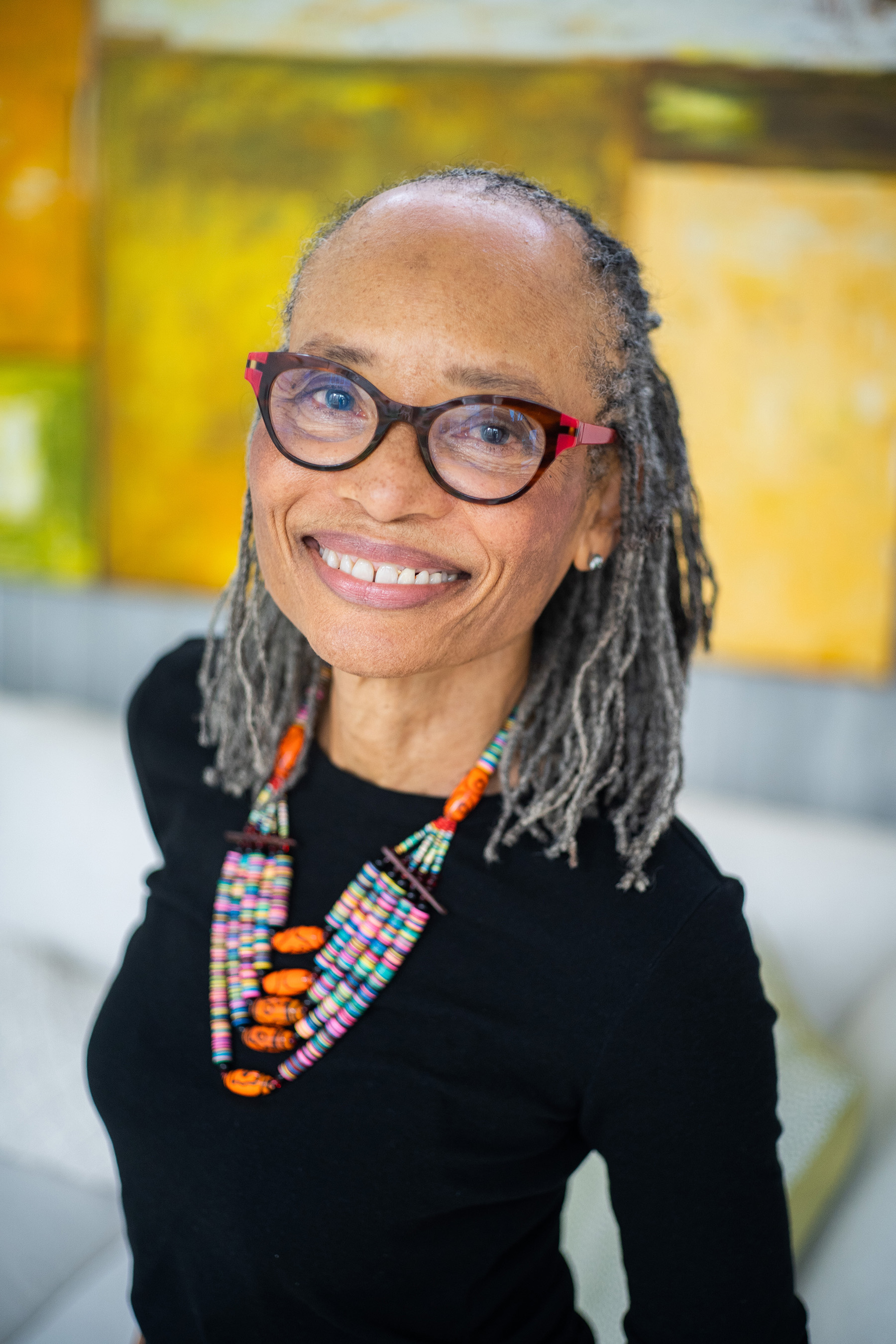 The author of Joyful, Delicious, Vegan talks about her self and her childhood, her new book, her route to becoming a writer, how she deals with writers’ block, the inspiration for her book, her favourite authors, support network and more.
The author of Joyful, Delicious, Vegan talks about her self and her childhood, her new book, her route to becoming a writer, how she deals with writers’ block, the inspiration for her book, her favourite authors, support network and more.
A review of Chronicity by Michael J Leach
 Leach manages the visual in particularly powerful ways in Chronicity. The concrete poems in the collection take on many forms, weaving and working through, around, between and besides their subject matter, playing with font, space, shape, and design to stretch out time, slow the reader, twist back on themselves, emphasise and create sound paths in the ear.
Leach manages the visual in particularly powerful ways in Chronicity. The concrete poems in the collection take on many forms, weaving and working through, around, between and besides their subject matter, playing with font, space, shape, and design to stretch out time, slow the reader, twist back on themselves, emphasise and create sound paths in the ear.
A review of Popular Longing by Natalie Shapero
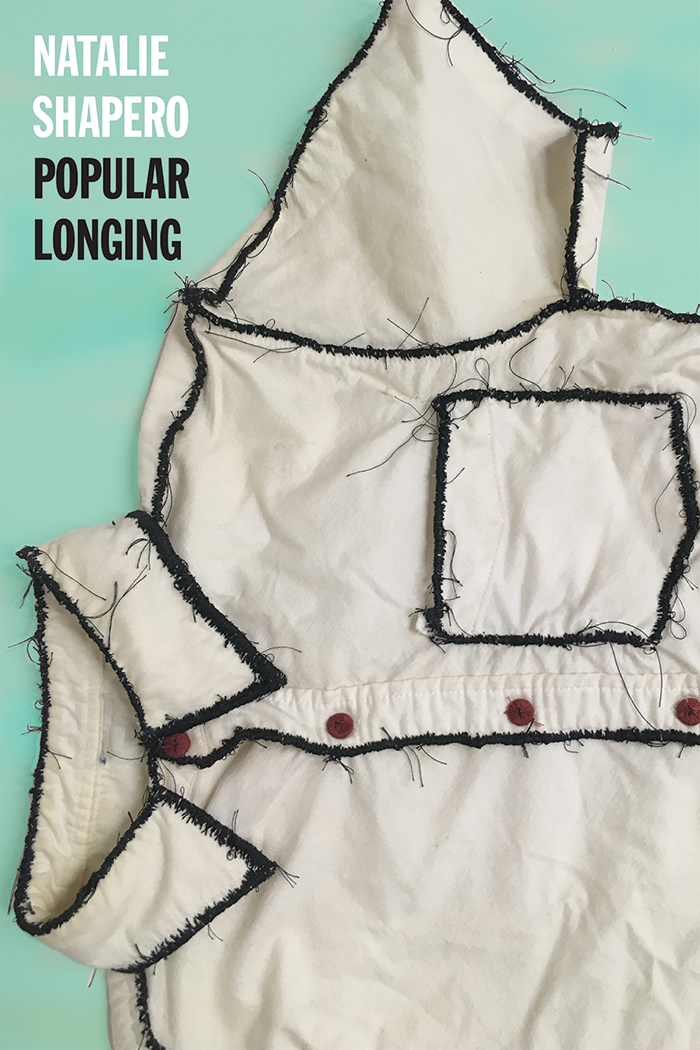 At the center of the collection is the breathtaking tour de force entitled “Don’t Spend It All in One Place,” a series of fourteen fourteen-line poems (though not exactly “sonnets” in a metrical sense), whose themes of violence and art and time, coming “unstuck” in time, make one think of Billy Pilgrim, Kurt Vonnegut’s anti-hero in Slaughterhouse Five. There’s a similar dark humor at work in Shapero’s poems.
At the center of the collection is the breathtaking tour de force entitled “Don’t Spend It All in One Place,” a series of fourteen fourteen-line poems (though not exactly “sonnets” in a metrical sense), whose themes of violence and art and time, coming “unstuck” in time, make one think of Billy Pilgrim, Kurt Vonnegut’s anti-hero in Slaughterhouse Five. There’s a similar dark humor at work in Shapero’s poems.
An interview with Felix Holzapfel
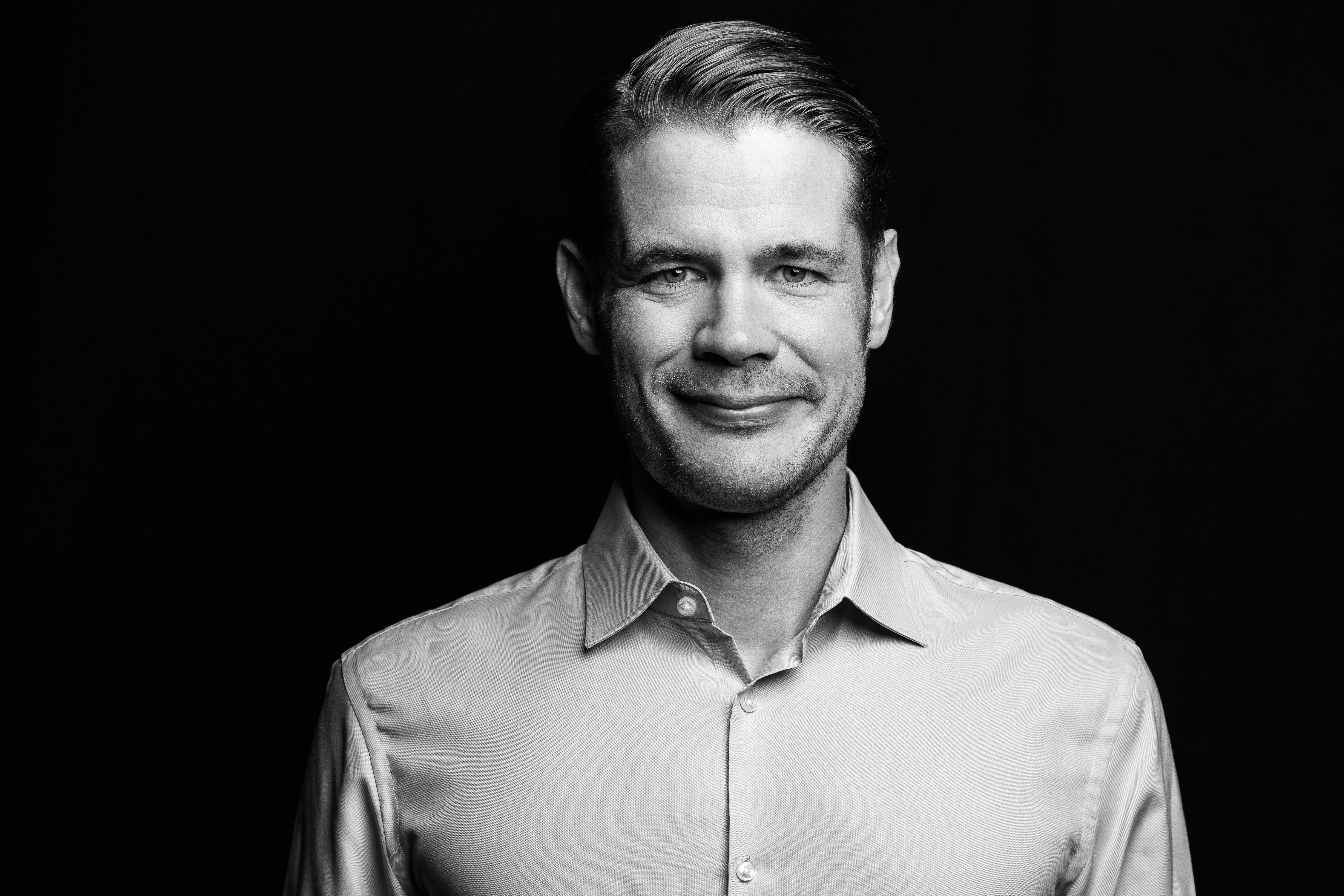 The author of Catch-42 talks about the main elements that inspired his book, his themes, on travelling the world, how everyone can participate in future decision making, and lots more.
The author of Catch-42 talks about the main elements that inspired his book, his themes, on travelling the world, how everyone can participate in future decision making, and lots more.
A review of Fireworks by Oliver Smuhar
 The book is beautifully presented, with hand drawn illustrations, photographs, quotations, and facts about the different animals in the book and the events that inspired them, particularly the 2019/20 Australian bushfires, which were particularly devastating in Smuhar’s Blue Mountains hometown and which had some an intense impact on Australian flora and fauna (for example, some 60,000 koalas were negatively impacted by the fires). Smuhar’s goal with this book is not only to raise funds, but to entertain and educate.
The book is beautifully presented, with hand drawn illustrations, photographs, quotations, and facts about the different animals in the book and the events that inspired them, particularly the 2019/20 Australian bushfires, which were particularly devastating in Smuhar’s Blue Mountains hometown and which had some an intense impact on Australian flora and fauna (for example, some 60,000 koalas were negatively impacted by the fires). Smuhar’s goal with this book is not only to raise funds, but to entertain and educate.
A review of Closer to Fine by Jodi S. Rosenfeld
 Dr. Rosenfeld’s novel is informative and interesting on the subjects of Judaism, Psychology, and same sex relationships. I was charmed by Rachel’s envisioning of God as a woman angel whose patchwork wings are made up of one’s glimpses of the divine. Another excellent idea is presented in the novel – that after a break-up, a woman should buy herself a ring to symbolize her commitment to herself as her own best friend.
Dr. Rosenfeld’s novel is informative and interesting on the subjects of Judaism, Psychology, and same sex relationships. I was charmed by Rachel’s envisioning of God as a woman angel whose patchwork wings are made up of one’s glimpses of the divine. Another excellent idea is presented in the novel – that after a break-up, a woman should buy herself a ring to symbolize her commitment to herself as her own best friend.
An interview with Paolina Milana
 The author of Committed talks about she was has been able to write about such heartbreaking and often frightening moments from her past in her two memoirs, on writing about mental illness, on the epistolary memoir, differences in the writing of her two books, on writing in different genres, advice for aspiring writers, and lots more.
The author of Committed talks about she was has been able to write about such heartbreaking and often frightening moments from her past in her two memoirs, on writing about mental illness, on the epistolary memoir, differences in the writing of her two books, on writing in different genres, advice for aspiring writers, and lots more.